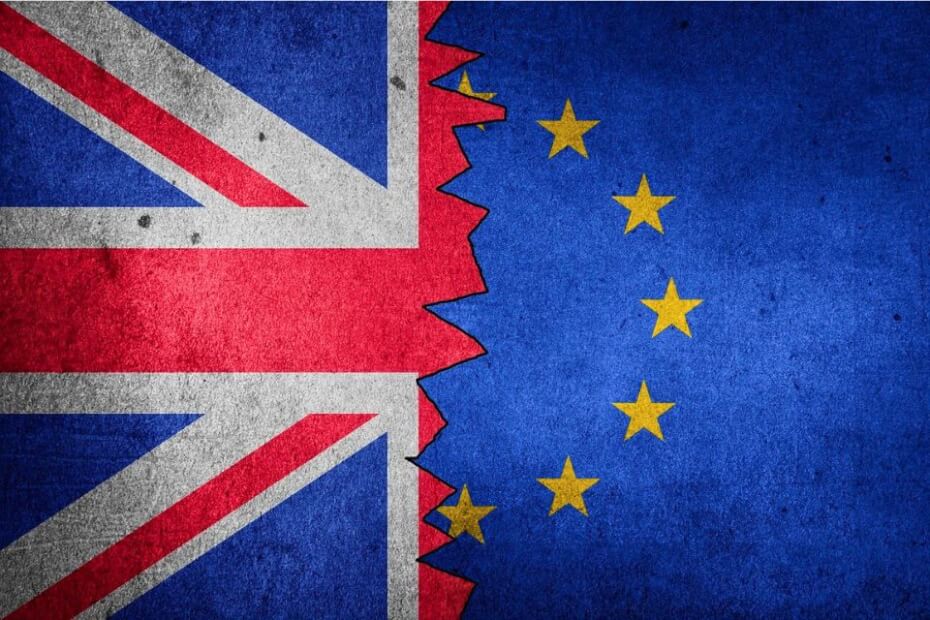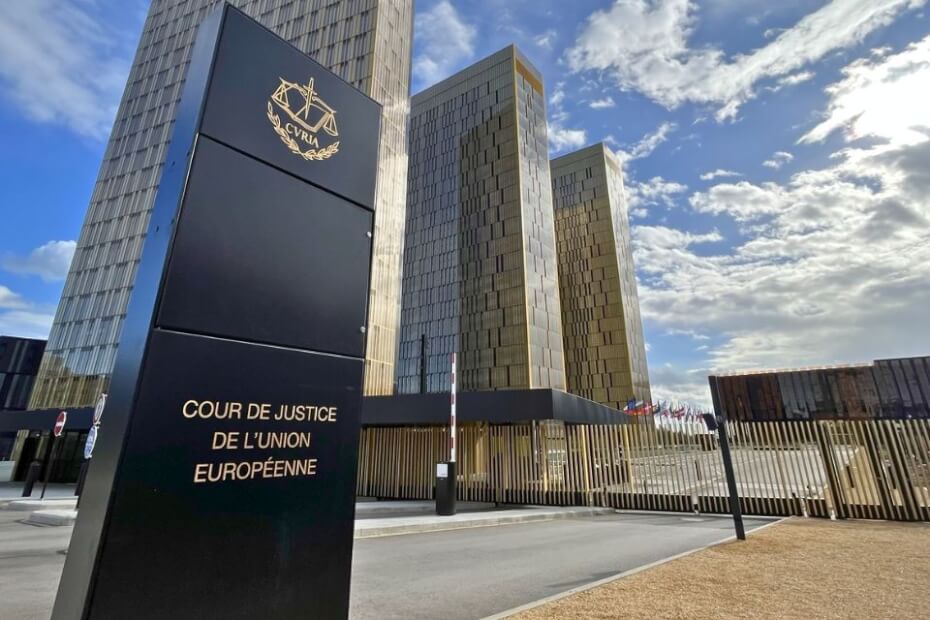The European Commission is taking the United Kingdom (UK) to the Court of Justice of the European Union (CJEU) for failing to comply with free movement laws.
It claims that the UK has not met its legal obligations to protect the rights of European Union (EU) citizens regarding residency and family reunification.
“After carefully assessing the replies of the United Kingdom, the Commission maintains that several elements of the grievances remain unaddressed,” the EU Commission stated in a news release.
“The Commission, therefore, decided to refer the United Kingdom to the Court of Justice of the European Union,” it said.
Free movement laws ensure EU citizens and their families have the right to live and work across Member States without restrictions.
Although the UK officially left the EU in 2020, it is still bound by certain agreements.
Why the EU is Taking the UK to Court
The European Commission issued a formal warning, known as a reasoned opinion, in July 2024.
It demanded that the UK address these concerns within two months and warned that they would take legal action.
After reviewing the UK’s response, the Commission determined that the issues remained unresolved, leading to the referral to the CJEU.
The European Commission’s case in the CJEU focuses on three major concerns.
Residency rights
EU citizens in the UK faced delays and difficulties when applying for “settled status” under the European Union Settlement Scheme (EUSS).
The EUSS is the UK program that implements the Withdrawal Agreement, and there have been many backlogs in applications.
The Withdrawal Agreement safeguards the rights of EU citizens living in the UK when it left the EU in 2020.
A settled status secures EU citizens’ right to live and work in the UK and travel without any disruptions.
Family reunification
The Commission believes the UK placed unfair restrictions on family members of EU citizens, particularly extended family members.
The EU states that individuals who have not applied for or received settled status should not face discrimination or obstacles.
Free movement
There have been reported obstacles for EU citizens traveling between the UK and EU Member States.
It claims that the digital immigration status given to those under the EUSS is often inaccessible to many individuals.
UK Government’s response

The UK Government has denied wrongdoing and insists it has followed the terms of the Withdrawal Agreement.
The Downing Street spokesperson declined to comment on legal proceedings from the UK’s time as an EU Member and the subsequent transition period.
However, the spokesperson told The Independent, “We are focused on resetting our relationship with the EU to ensure Brexit works for the British people.”
The legal case comes as the UK Government, under Prime Minister Keir Starmer, attempts to improve relations with European leaders.
These efforts include discussions about trade barriers, security cooperation, and financial services.
However, the EU has made clear that compliance with agreements is essential for further progress.
What this means for EU citizens
The case directly affects the rights of over 5 million EU citizens currently living in the UK.
Under the Withdrawal Agreement, EU citizens who were living in Britain before Brexit and during the transition period were guaranteed protections.
This includes the right to apply for permanent residency or settled status under the EUSS.
However, many EU nationals have faced long delays, complicated application processes, and limited support.
The European Commission’s legal action aims to ensure these protections are upheld.
If the CJEU finds the UK in breach of its commitments, the court could order corrective action and impose fines.
This would strongly convey that the British Government must respect agreements made during Brexit negotiations.
What happens next

This legal dispute highlights the ongoing challenges of managing EU-UK relations after Brexit.
It also underscores the importance of protecting the rights of citizens who rely on agreements made during the withdrawal process.
For EU citizens living in the UK, the outcome of this case could bring clarity and stronger protections for their residency rights.
The legal process will take time, but the outcome could impact millions of EU citizens living in the UK and set the tone for future EU-UK relations.


